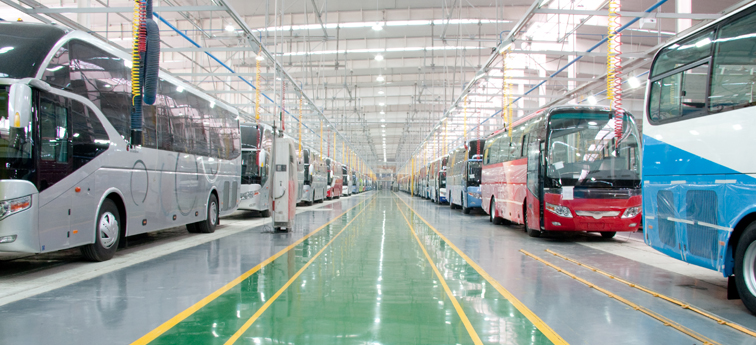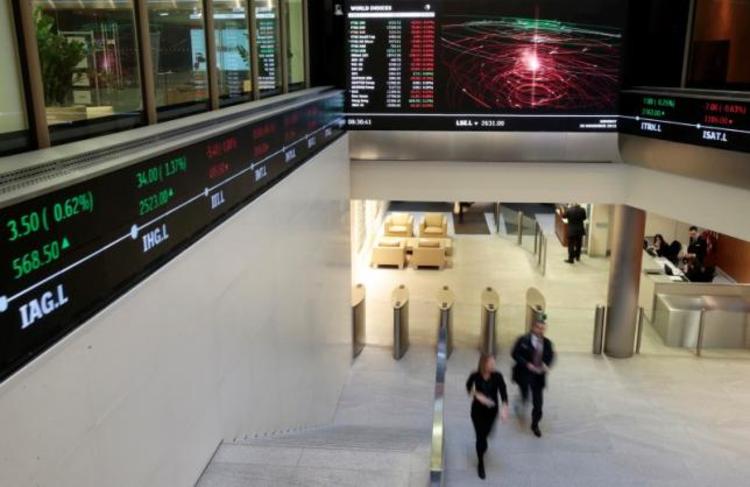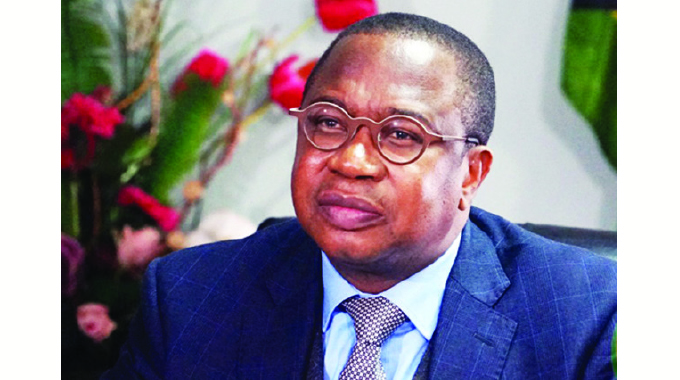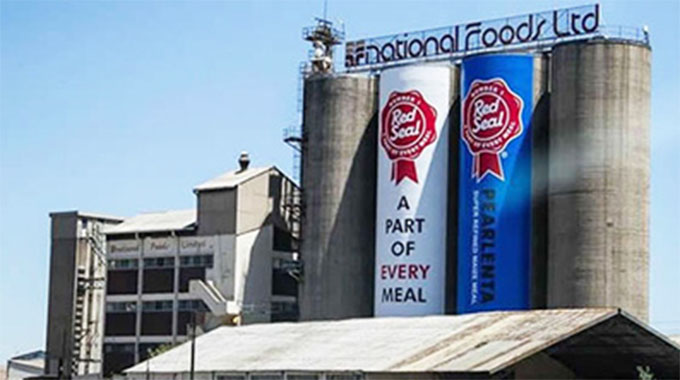Quest Motors starts assembling Yutong buses

Martin Kadzere Senior Business Reporter
QUEST Motor Corporation has started assembling Yutong buses at its Mutare plant after receiving approval from the world largest luxury coach builder, an official said last week. “Their strategy is to use Zimbabwe as a launch pad to enter the Common Market for Eastern and Southern Africa and SADC,” Quest operations manager Carl Fernandez said.“Yutong’s long-term plan for expansion in Africa is not to export fully built buses but rather to supply kits for local assembly. It is an arrangement which presents huge opportunities for us.”
Mr Fernandez said the arrangement makes Quest the only assembler of Yutong buses in Southern Africa. Already, Yutong is an accepted brand in Zimbabwe and the company was hoping local buyers would prefer locally assembled units to support the company and related downstream industries.
He said, Quest was strengthening the buses to make them suitable for rural road conditions. “This will make them much better than the imported versions,” said Mr Fernandez. The model being manufactured by the company is Yutong F11 63-seater coach. Apart from Yutong F11, Quest is also assembling Foton 28-seater buses. He said the company was receiving good enquiries from schools “and hoping to get good results”.
Other brands assembled by Quest are Chery, and JMC and Q buses. It also produces Foton Tunland single and double cabs, Mitshubishi Triton double cab. However, as a result of economic challenges Quest’s capacity utilisation has dropped making it more difficult to buy new kits, a problem worsened by the delays in banks processing payments for imports
When the factory was working at full capacity on a single eight-hour shift, it was between 12 000 and 15 000 vehicles per year and was employing close to 15 000 workers.
Appearing before the Parliamentary Portfolio Committee on Transport and Infrastructure Development in April this year, Quest Motors chief executive Mr Tarik Adam said the company had to significantly cut down its production as uptake for locally manufactured vehicles had been decimated by high level of vehicle imports.
He said line ministries and Government departments have developed innovative ways to circumvent the 2002 Presidential directive that all Government institutions should buy their vehicles locally, which has left the sector struggling.
The directive was introduced to support the local industry and conserve scarce foreign reserves, but local motor vehicle manufacturers claim that the directive has not been adhered to.








Comments